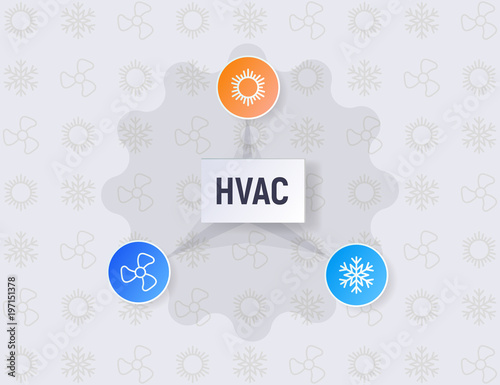Heatpump Vs Heater - Which Is The Better Heating Alternative For Your Home?
Heatpump Vs Heater - Which Is The Better Heating Alternative For Your Home?
Blog Article
Team Writer-Bonner Smith
Many property owners recognize with heaters, which warm homes with oil or natural gas and push hot air through ductwork. They are relatively inexpensive and can offer dependable heating even during a winter months power outage.
Nonetheless, they make use of fossil fuels and generate carbon monoxide and various other air pollution. They additionally aren't as energy-efficient as a high-efficiency heat pump.
Cost
Typically, heatpump are extra cost effective to run than heating systems. They normally make use of electrical energy and refrigerant to extract warmth from exterior air, and afterwards transfer it right into your home. You can make use of less expensive electrical power prices during off-peak hours to even more reduce your heating expenses.
Unlike heatpump, gas or wood-burning heating systems use combustion to generate warm, sending out flue gases into the ambience that can be dangerous to your health and wellness. These heaters are likewise much less energy-efficient than heat pumps, and their higher operating expense can accumulate gradually.
Furnaces are more challenging than heat pumps and require normal upkeep to make sure the proper function of all parts. Regardless of https://www.businessobserverfl.com/article/area-hvac-leader-expands-to-orlando-plans-to-hire-150-people , they have a tendency to last longer than heat pumps with a common life-span of two decades or even more. Nonetheless, you'll need to consider the expense of gas, fuel oil or timber and the extra tools needed for setup and procedure such as air ducts and air flow systems.
Power Performance
Heat pumps have a higher power efficiency rating than heaters. These systems make use of electrical power to feed on warm from the air, also in freezing temperature levels. They can likewise remove excess heat from the home throughout warmer months and recycle it to cool down the system. Provider experts can aid you establish the best design for your home on climate and resource energy costs.
Furnaces burn fuel oil, propane, natural gas or other types of fossil fuel to heat up the air in the home. This air is then dispersed through ductwork utilizing a huge fan. Heaters create greenhouse gases and need routine upkeep and devices upgrades to ensure safe procedure.
The biggest benefit of a heater is that it can be run also in rough winter season conditions due to the fact that it does not depend on outdoor temperatures to warm the air. Heating systems additionally have a longer life expectancy than heat pumps and normally last 15 years. They can additionally be paired with twin fuel choices, which choose the most effective heating option based on the weather.
Environment
Heat pumps function well in moderate environments and make use of less source energy than heating systems. Nonetheless, if your region is extremely chilly, you may require to invest in a typical gas heating system instead.
Furnaces supply cozy, relaxing warmth and usually supply quick heating to increase interior temperatures. These systems can be used with a variety of gas kinds, including gas, propane, oil or electrical energy.
They take in a lot more power than heatpump-- up to 3x as much-- and need ductwork that's pricey to set up or retrofit. They're additionally much more costly to maintain, as they can trigger air quality concerns and produce greenhouse gas emissions.
If you're devoted to decreasing your carbon impact, a heat pump is a good selection for your home. They have less greenhouse gas discharges than heaters, specifically if you choose a power CELEBRITY ® heatpump. Your neighborhood copyright specialist can describe the distinctions between these two heating unit and assist you make the most effective choice for your special requirements.
Personal Preferences
Heaters can be really energy reliable when powered by gas, propane or oil, however they aren't as power effective as heat pumps in frigid climates. They can additionally be more pricey to set up, calling for gas lines and ventilation systems.
Nevertheless, heaters have a tendency to require much less maintenance, which can result in reduced recurring prices. They create fewer greenhouse gases and are a lot more reliable than heat pumps during severe weather condition.
Electric heat pumps are a lot more versatile in producing interior comfort because they can likewise function as air conditioners throughout warmer months. They can be more convenient to preserve, requiring just regular air filter modifications and periodic vacuuming.
If you prefer the benefit of a single system that does it all, consider a crossbreed heating option that pairs a furnace with an electric heatpump. These systems can instantly switch between the two heating choices based on your home's demands and temperature level conditions, optimizing efficiency and cost savings.